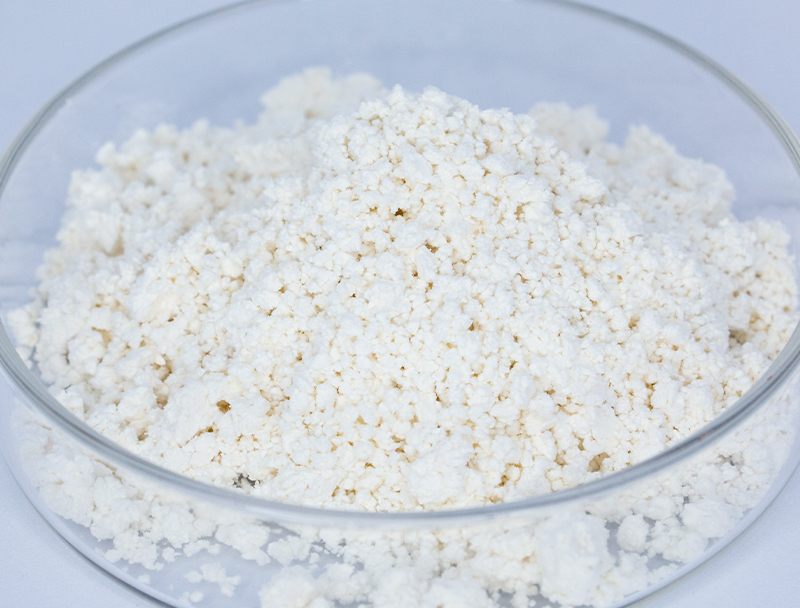
Advanced biosystems are built around a diverse spectrum of base components to yield progressive bio-based commodities.
Guaranteeing ethical acquisition of feedstocks forms the foundation of durable, responsible industrial growth.
many concerns related to standard raw input procurement for instance pollution and systematic depletion of reserves. Thus, organizations must explore circular sourcing options to lessen environmental harm.
- Situations demonstrating ethical sourcing encompass:
- Adopting organic-origin materials from crop remnants
- Implementing closed-loop systems to minimize waste and maximize resource efficiency
- Building relationships with nearby vendors dedicated to moral sourcing
Embracing sustainable procurement produces environmental benefits with profitable potential.
Advancing Biomass Preparation for Elevated Biofuel Production
Raising biofuel yields involves refining feedstock structure and content. Experts maintain efforts to discover ways to maximize feedstock value, facilitating elevated yields and a renewable energy transition. Efforts pair genetic enhancement for feedstock abundance with advanced pretreatment to produce usable sugars.
- Moreover, investigations target novel feedstocks like microalgae, municipal residues, and field residues to widen the pool of renewable biomass for biofuel use.
- Because of continual endeavors biofuel technology is set to attain meaningful progress that supports renewable energy growth.

Upstream Process Improvements for Modern Biopharma Production
includes primary operations from inoculation through cell collection Recent advances in this domain have led to improved production processes, ultimately increasing product yield.
Key advancements include the utilization of novel cell lines, optimized culture media formulations, and intelligent bioreactor designs. Such breakthroughs boost efficiency and simultaneously reduce manufacturing costs and carbon burdens.
- Likewise, the move to continuous systems facilitates better adaptability and streamlined upstream production.
- The progression to advanced biomanufacturing approaches should modernize the field and quicken therapeutic progress.
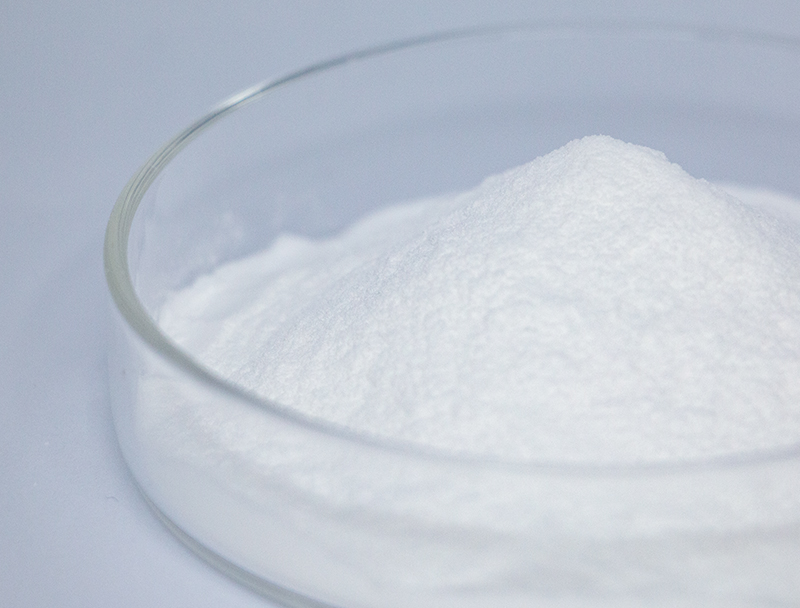
CRISPR and Beyond: Improving Biopharma Production
advances in genomic editing tools including CRISPR have transformed therapeutic manufacturing. Via deliberate gene edits, teams amplify protein expression for higher yields. This route supports the creation of more affordable and productive treatments for multiple disorders.
Microbial Solutions for Greener Bioremediation Practices
promising microbial strategies enabling effective environmental cleanup and restoration. Specialized microbes can enzymatically degrade pollutants to reduced-toxicity products.. Applying microbial remediation systems creates low-impact cleanup options that address contamination efficiently.. Investigators study multiple microbial strains for abilities to transform metals, degrade agrochemicals, and process petroleum wastes.. They can be integrated into bioreactor platforms or introduced in the field to stimulate microbial breakdown of hazardous compounds..
Microbe-based remediation provides compelling advantages over standard remediation methods. Microbe-driven cleanup typically costs less and generates fewer dangerous byproducts. Furthermore, microbial solutions are highly specific, allowing for the remediation of particular pollutants β-Nicotinamide Mononucleotide without disrupting the broader ecosystem. Research efforts persist to upgrade the potency and implementation of microbial remediation strategies.
The Role of Bioinformatics in Drug Discovery and Development
Informatics platforms are essential to current drug discovery and development pipelines. From predictive screening to lead refinement, computational biology underpins more efficient drug pipelines.
- By parsing huge omics and clinical databases, bioinformaticians detect targets and estimate therapeutic responses.
- Also, in silico modeling of molecular interactions accelerates optimization toward more selective therapeutics.
- In conclusion, computational biology reshapes discovery pipelines and speeds delivery of reliable treatments for patients.
Metabolic Design Approaches to Boost Bioproduct Yields
applies assorted techniques to boost microbial synthesis of valuable compounds. Tactics can encompass genetic engineering to reconfigure metabolism, promoter modulation to adjust expression, and pathway insertion to enable new reactions.. By calibrating pathway dynamics and expression levels teams can greatly amplify bioproduct yields.
This wide-ranging tactic can overhaul industries spanning medicine, agriculture, and energy production.
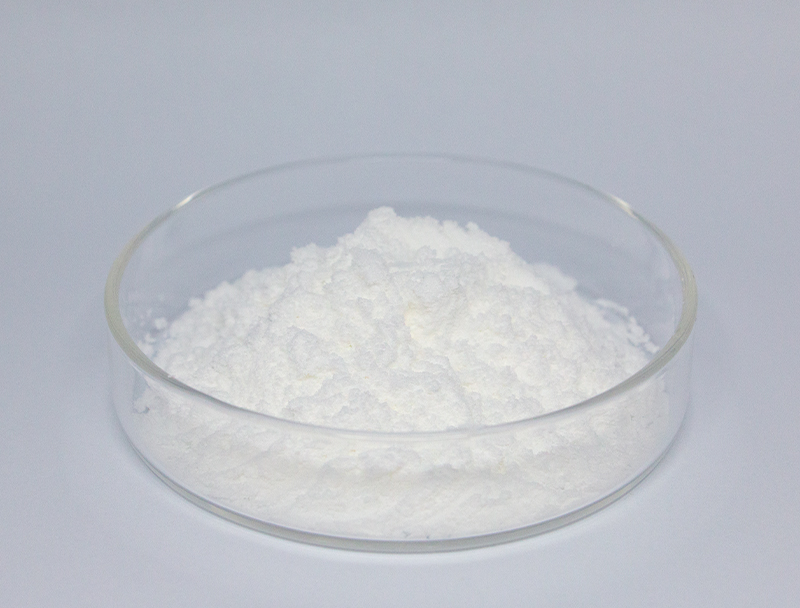
Scaling Biopharma Production: Hurdles and Advantages
Commercializing biopharma production involves significant constraints and promising benefits. Keeping consistent product performance at elevated volumes is a significant challenge. Solving it involves resilient control frameworks, high-resolution monitoring, and modern analytical tools.
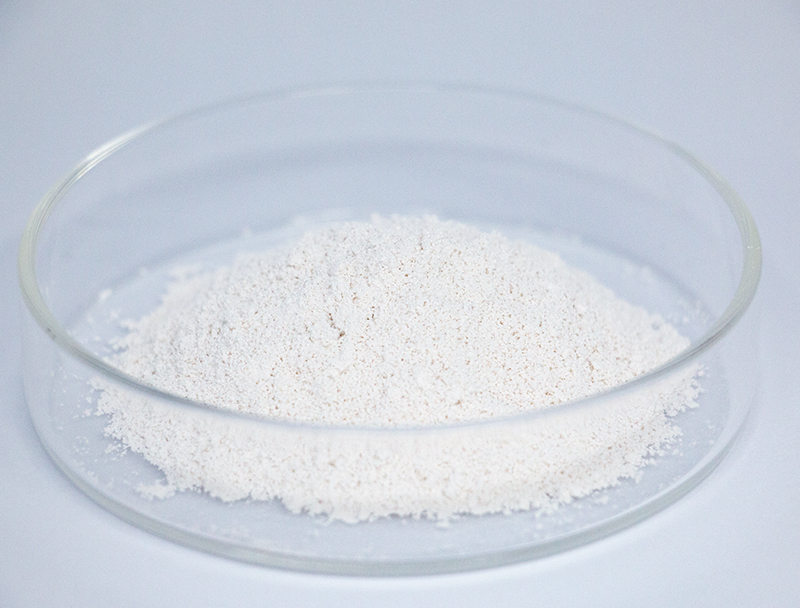
Also challenging is the layered complexity of biomanufacturing encompassing numerous sequential steps.. Transforming bench processes into industrial practice requires sustained research and engineering innovation. Yet, the returns can be substantial. Efficient scale-up can amplify access to medicines, compress costs, and strengthen returns.
Multiple programs focus on resolving scale-up difficulties. They encompass new process-improvement tools, in-line analytics for continuous oversight, and creative manufacturing approaches.
- Research and development activities are central to evolving manufacturing capacity.
- Regulatory agencies are working to streamline approval processes for new manufacturing technologies, facilitating innovation in the field.
Regulatory Strategies for Biopharma Compliance and Patient Protection
Advancing biopharmaceuticals involves heavy regulatory scrutiny to secure product safety and proven efficacy. Biopharmaceuticals, often derived from biological sources, present unique challenges compared to traditional medications.
Regulators such as the FDA and EMA define authorization pathways and quality standards for new biologic medicines..
Stringent experimental and surveillance testing occurs across the entire development-to-market continuum. These measures aim to identify potential risks and guarantee that biopharmaceuticals meet the highest levels of safety..
Additionally, regulators regularly update methods to match the pace of fast-moving biopharma innovations.. This includes embracing novel technologies and facilitating the development process while maintaining a commitment to patient well-being.
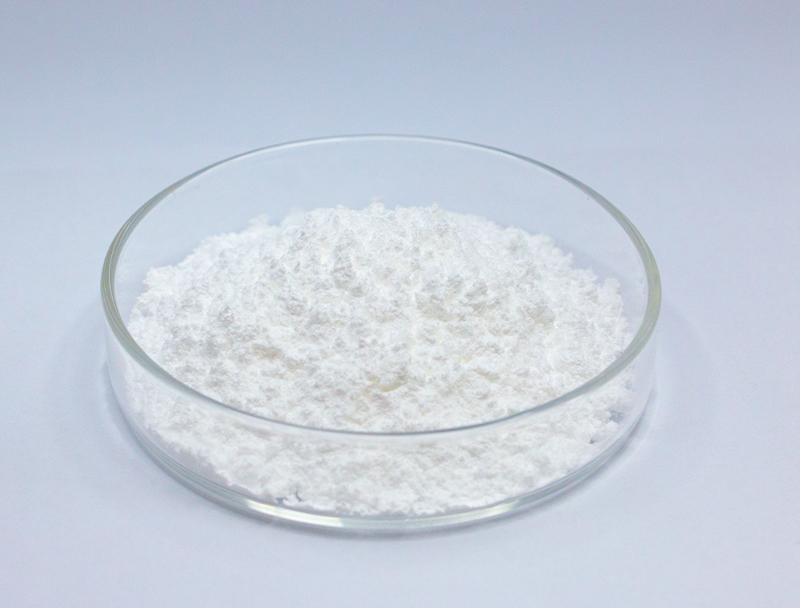
Harnessing Plant Feedstocks to Create Biodegradable Plastics
Growing emphasis on eco-conscious materials catalyzes research into plant-based options. Using plant feedstocks to make bioplastics gives a promising direction for sustainable material development. Renewable inputs including cornstarch, cellulosic matter, and sugarcane biomass can be processed into biodegradable plastics that minimize long-term pollution.
Also, many renewable bioplastics exhibit comparable mechanical and functional traits to conventional plastics across applications.. Continuous R&D will drive plant biomass into scalable bioplastic manufacture and help establish closed-loop material systems.
Biotech Innovations Addressing Health and Food Challenges
Biotechnology equips researchers with methods to tackle health crises and bolster food availability. Applying targeted genetic edits, synthetic biology frameworks, and cellular therapeutics, practitioners produce measures to address infectious disease, boost harvests, and upgrade nutritional content.. Illustratively, crops altered for pest resistance and stress endurance support increased harvests and diminished pesticide usage.. Concurrently, biotechnology drives development of immunotherapies, antibiotics, and diagnostics that play a key role in controlling diseases and improving health metrics. As research progresses, biotechnology holds immense promise for creating a healthier and more sustainable future for all.
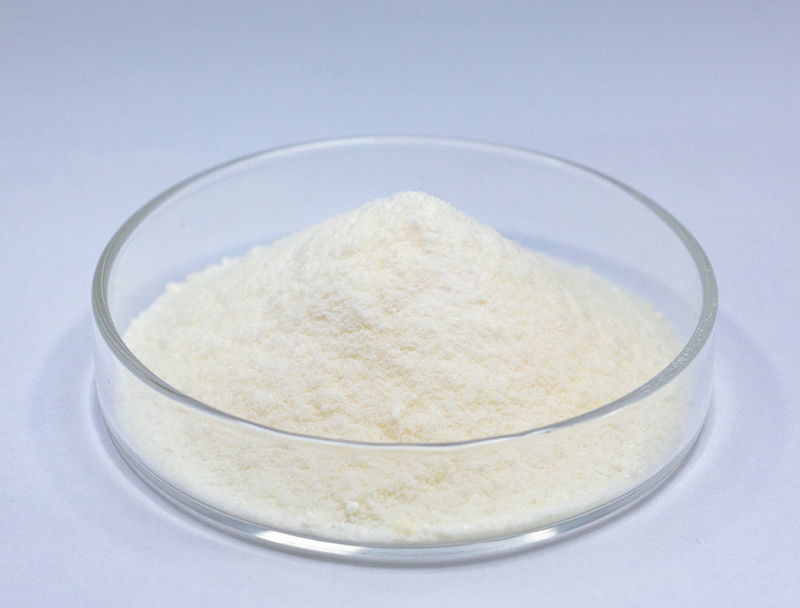 α-Ketoglutaricacid
α-Ketoglutaricacid